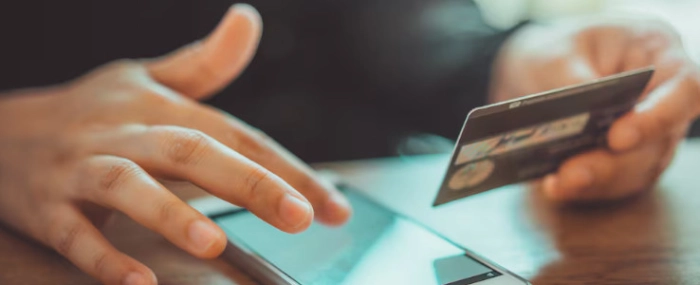
Student invention takes aim at phone scammers
Two Swedish high school students are developing a mini-computer that detects phone scammers – an invention that could help protect vulnerable individuals from fraud.
As seniors at Västervik High School in Sweden, the two students Henning Lindeberg and Erik Apelqvist set out to create a company with a meaningful impact. They soon decided to combat the growing issue of phone scams. Now, they are developing a device designed to protect users from fraudulent calls, according to a report from the Swedish news agency SVT.
“I think we’re first”
The invention is a mini-computer that listens to phone conversations and alerts users when it detects words commonly associated with scams.
“It’s exciting to be pioneers in this area. As far as we know, no one else has developed a device like this,” says Erik Apelqvist.
Inspired by First-Hand Experience
In 2023, nearly 30,000 phone scams were reported to the Swedish Police. Criminals – many linked to organized crime – stole approximately 660 million kronor (around 66 million dollars), often targeting elderly individuals.
“We see a clear connection between gang crime and phone scams. The fact that money from victims is reinvested in other criminal activities is something we cannot accept,” says Lotta Mauritzon, coordinator at the National Fraud Center, in an article from the Swedish Police.
According to Sveriges Radio, the number of fraudulent phone calls increased by 36% compared to previous years. Erik and Henning have witnessed the impact firsthand, as their own relatives have been targeted by scammers.
“Both my maternal and paternal grandparents have been targeted multiple times. After seeing our own families affected, we knew we had to do something,” says Henning Lindeberg.
A Race to the Finish Line
The two high school entrepreneurs are currently testing different prototypes for the mini-computer. Their goal is to have a fully functional product ready to present by the time they graduate this summer.
If successful, their invention could offer a new layer of protection against phone scammers — helping to keep vulnerable individuals safe from fraud.


